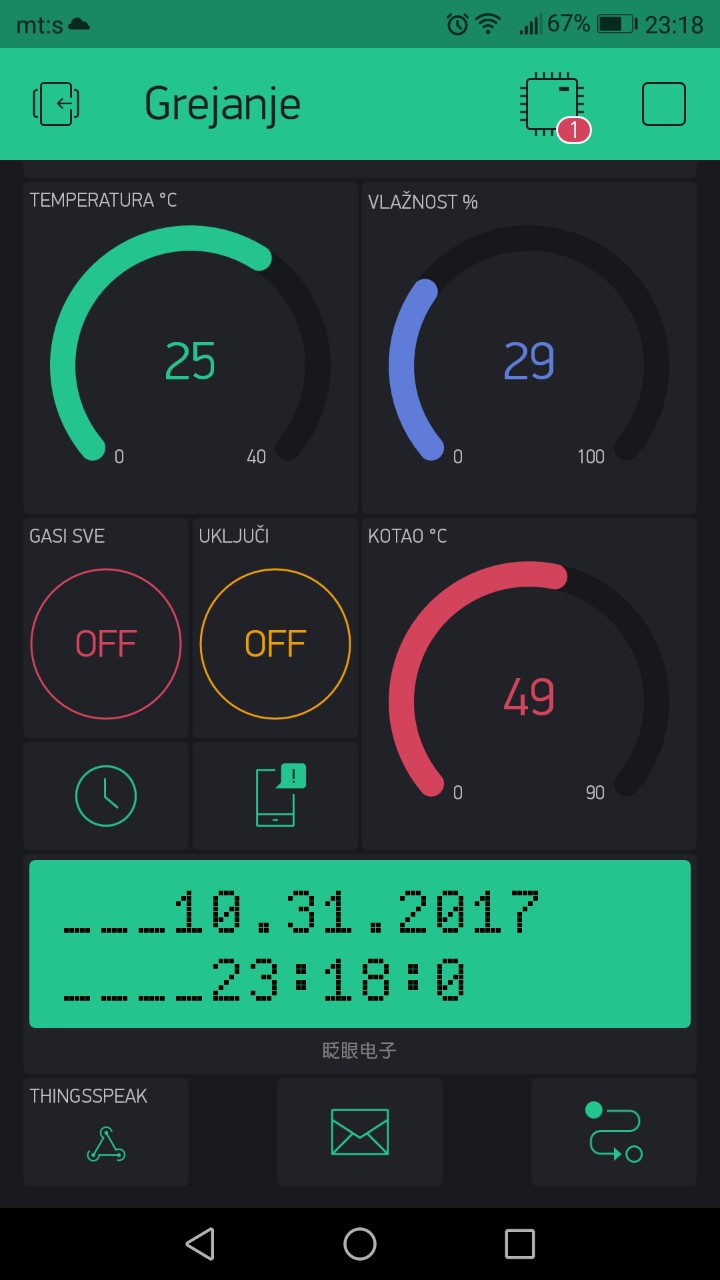

LOGD("ExecutionTime")(duration).count()<<"ms" ī) Add a convenient macro that uses the current function name as TAG (using a macro here is important, else _FUNCTION_ will evaluate to MeasureExecutionTime instead of the function you wanto to measure #ifndef MEASURE_FUNCTION_EXECUTION_TIME Int countCharInString(String s, char delim)Ĭonst auto duration=std::chrono::steady_clock::now()-begin

#define timeNow() std::chrono::high_resolution_clock::now() This function uses mktime(3) to convert a Utime.structtm into a Utime.timet, which is then converted via FLOAT to a Time.T. Return Value: This function returns a string that contains the date and time which is in human readable form. It is used to set timet object that contains a time value. #define duration(a) std::chrono::duration_cast(a).count() Syntax: char ctime (const timet timer) Parameters: This function accepts single parameter timeptr. Typedef std::chrono::high_resolution_clock::time_point TimeVar The epoch used as reference by clock varies between systems, but it is related to the program execution (generally its launch). Step 1: Get the timepoint before the function is called. The highresolutionclock is the most accurate and hence it is used to measure execution time. The std::chrono provides us with three clocks with varying accuracy. The value returned is expressed in clock ticks, which are units of time of a constant but system-specific length (with a relation of CLOCKSPERSEC clock ticks per second). Using provided methods we can also convert this duration to appropriate units. Here's a function that will measure the execution time of any function passed as argument: #include Returns the processor time consumed by the program. If times is a null pointer, the access and modification times of the file shall be set to the current time. The utime() function sets the access and modification times of the named file. The utime() function shall set the access and modification times of the file named by the path argument. This will measure the duration of the function long_operation. This interface is obsoleted by utimes(2). * Getting number of milliseconds as a double. * Getting number of milliseconds as an integer. Using std::chrono::high_resolution_clock The following example shows the usage of time() function.

* Only needed for the sake of this example. Upon successful completion, time() shall return the value of time. You have to use std::chrono::high_resolution_clock from header. It is a very easy-to-use method in C++11.


 0 kommentar(er)
0 kommentar(er)
